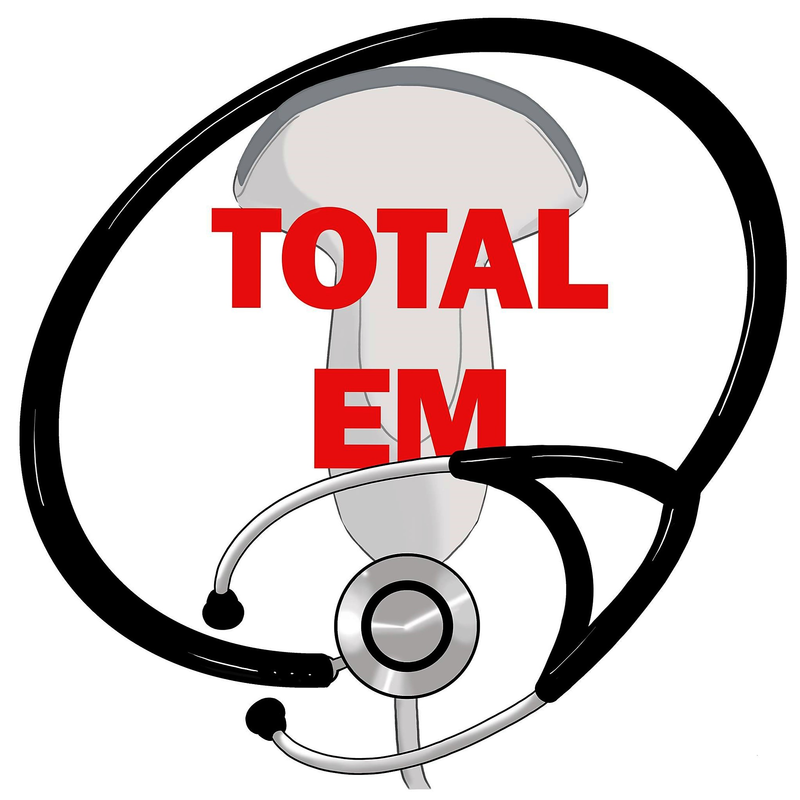|
We have Frank Norman back on the podcast to talk a little more about the Society of Physician Assistants in Clinical Ultrasound (SPACUS) but also to discuss integrating an ultrasound program into an already busy PA school curriculum or getting it into the work place. Especially in rural or remote settings, this can be a significant challenge, but we cover it in today's podcast.
Acknowledging the pop culture reference of Part Deux above, this podcast continues the conversation on SPACUS with some serious points. Quick correction, this podcast is to be played second, not first as the audio suggests. As mentioned in the last podcast, POCUS is a growing part of medicine.
One common concern about POCUS and integrating it into schools is that it takes time. However, this could be naturally added in programs such as during the anatomy phase or even during the physical exam classes in school. This is more about changing the way we learn versus adding new content. Another benefit is by seeing such pathology in living patients; we can better understand the details in a dynamic way. It is important for PAs especially to understand that to keep up with the medical curriculum, learning these exams are vital. Medical schools across the country are already starting this process. Here is one such article from the military supporting this role. Here is another paper from Canada in which 13 medical schools replied to the survey about the undergraduate involvement in bedside ultrasound. There are many schools in the United States doing the same such as the University of California, Irvine's medical school that goes even to the point of competition such as this article from Yale's medical program. During the podcast, we then had a detailed discussion about integrating an ultrasound program to any institution. In addition to the ACEP guidelines (2001, 2008, and 2016), there are some details for PAs in addition that are worth listening to, as well. This is segment is beneficial to listen to not only if you are a PA but also any other provider such as a physician. Ultimately, much of this must be decided at the practice level keeping in account what different organizations such as ACEP recommends. One of the most important points to remember is that this struggle is happening across the country and that there are many people who can help such as the members of SPACUS. There is growing membership with the group having a wide variety of people with differing levels of expertise and field of practice. As a note, since the recording of the podcast, the author (Chip Lange), is now a member of SPACUS and continues to have no financial interests to disclose. Also, if you are reading this and want more information on the details that were discussed in the podcast, this paper by Jonathan Monti, PA-C will be an asset. It reviews the literature that supports many of the points made above with a long list of detailed references. We will be back next week with a new topic to discuss. Please let us know what you think by giving us feedback here in the comments section or contacting us on Twitter or Facebook. Remember to look us up on Libsyn and on iTunes. If you have any questions you can also comment below, email at [email protected], or send a message from the page. We hope to talk to everyone again soon. Until then, continue to provide total care everywhere.
0 Comments
Leave a Reply. |
Libsyn and iTunesWe are now on Libsyn and iTunes for your listening pleasure! Archives
August 2022
Categories |
||||||


 RSS Feed
RSS Feed